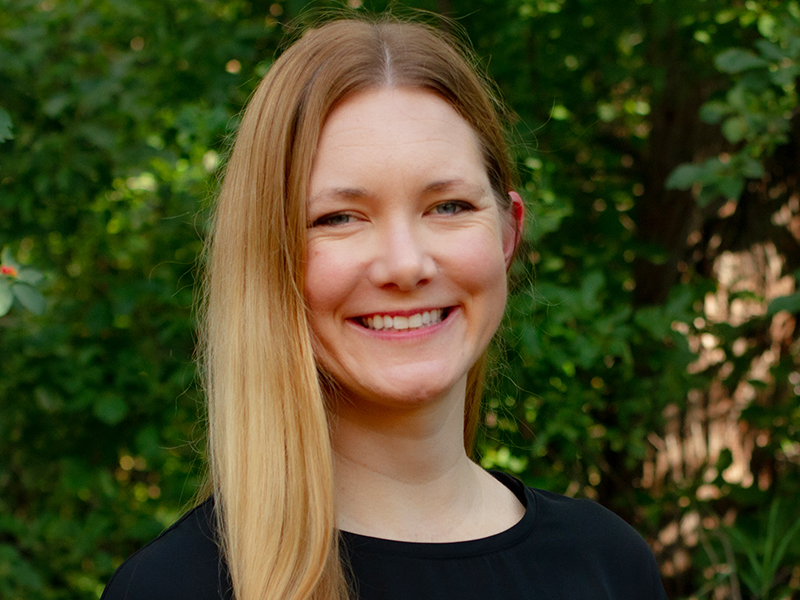
Emily Beagle
Research Associate, Webber Energy Group
Dr. Emily Beagle is a research associate in the Webber Energy Group at The University of Texas at Austin. She currently works on energy policy and pathways to decarbonization of the global energy system with a particular focus on the deployment and use of hydrogen to reduce emissions in the hardest to abate sectors. She is interested in using technical and engineering analysis to inform energy policy development.
Prior to joining the Webber Energy Group, she was a senior associate with the Climate Aligned Industries program at RMI and led the policy work for the Green Hydrogen Catapult project. She also served as the ASME Congressional Fellow in Energy in the office of Senator Tina Smith in 2020. She holds bachelor degrees in energy systems engineering and mechanical engineering, as well as a masters and Ph.D. in mechanical engineering from the University of Wyoming.
An Overview of Recent Hydrogen Policy Developments
Panel 3: The Prospects for Hydrogen in the Permian Basin
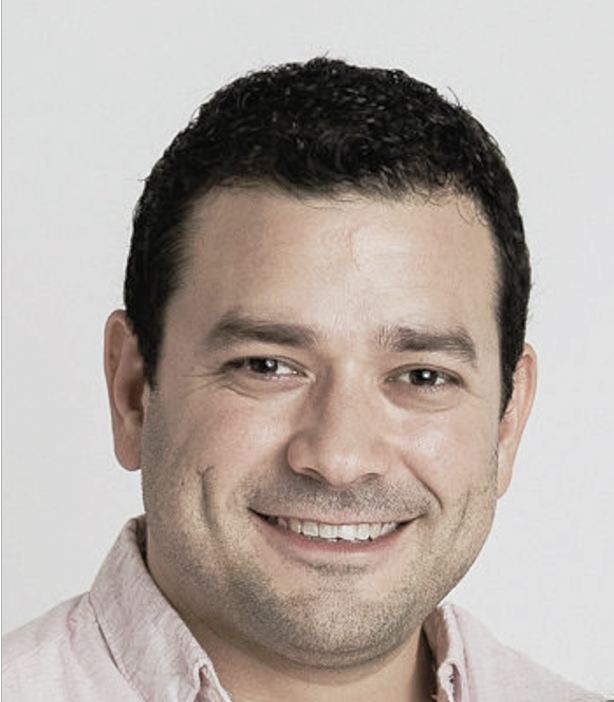
Sergio Castellanos
Assistant Professor, Civil, Architectural and Environmental Engineering
After starting my B.Sc. in Mechanical Engineering in México, I transferred to the University of Arizona where I indulged in energy-related research by working with Prof. Peiwen “Perry” Li on PEM Fuel Cells and Prof. Rocco Fazzolari on Solar Photovoltaics. I moved to the east coast and obtained both my M.Sc. and Ph.D. at MIT working with Prof. Tonio Buonassisi in the Photovoltaics Research Laboratory, studying defects in solar cells and their impact on electrical conversion efficiency.
During my studies at MIT, I took a summer off and worked in Mexico’s Secretaría de Energía. My passion for topics lying at the intersection of technology, policy, and energy, was amplified that summer. I then worked as a postdoctoral scholar and research professional at UC Berkeley’s Energy and Resources Group and the California Institute for Energy and the Environment with Prof. Dan Kammen, and Dr. Carl Blumstein, respectively, where I broadened my technical and policy interests and guided them to shape my current research focus.
As a professor at UT Austin, I study and help co-create sustainability solutions for our communities by using tools and strategies at the interface of energy, equity, data science. My lab conducts projects all over the world, with an emphasis on energy transitions in North and Latin America.
Panel 2: Empowering Tomorrow: Clean Hydrogen, Energy Justice, and Community Transformation
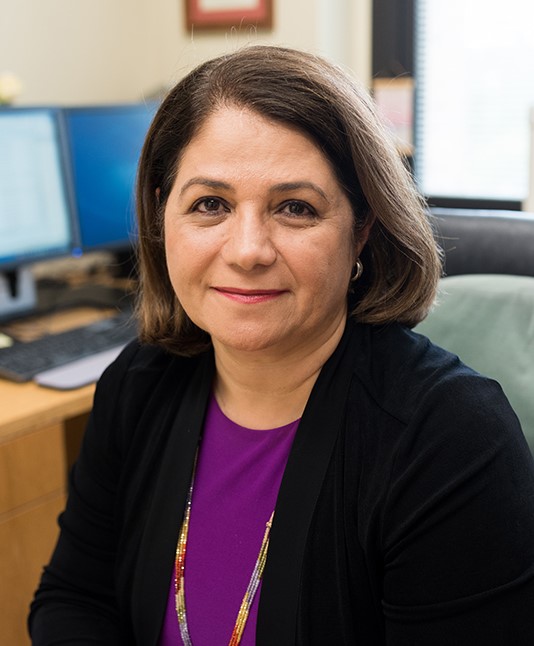
Mojdeh Delshad
Research Professor Hildebrand Department of Petroleum and Geosystems Engineering
Mojdeh Delshad is a research professor in the Hildebrand Department of Petroleum and Geosystems Engineering at the University of Texas at Austin. She served as the VP and then President/CEO of Ultimate EOR Services, LLC (2013-2019). She was the assistant director and Co-PI in the Department of Energy-funded Center of Frontiers of Subsurface Energy Security (CFSES).
She has over 35 years of experience in modeling multiphase flow, numerical simulator development for chemical enhanced oil recovery methods, CO2 EOR (CCUS) & CO2 storage (CCS), and underground H2 storage projects.
She has 100 peer reviewed journal publications and 150 paper proceedings. She received The SPE Distinguished Member Award in 2014. Her current research focus is on modeling key mechanisms for CO2 and hydrogen storage in geological formations.nd Department of Petroleum and Geosystems Engineering
Panel 5: Clean Hydrogen using Carbon Capture, Use, & Storage (CCS/CCUS)
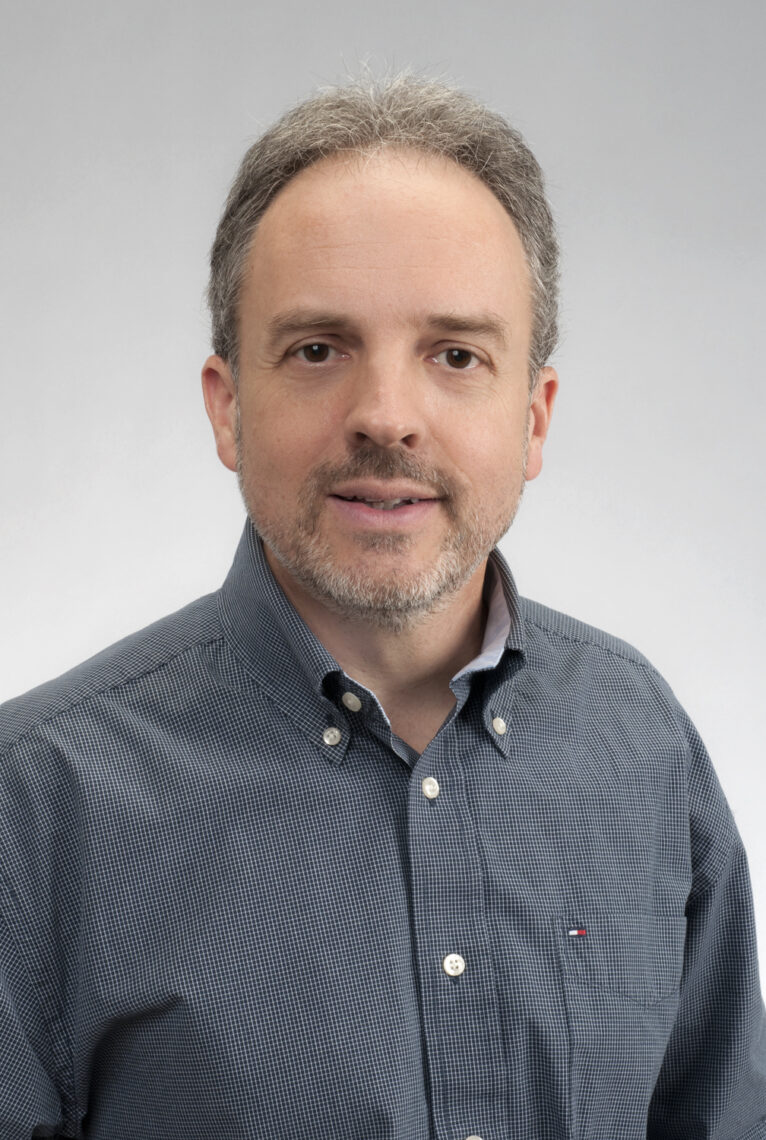
Peter Eichhubl
Senior Research Scientist, Bureau of Economic Geology, Jackson School of Geosciences
Peter Eichhubl’s research combines the fields of fault and fracture mechanics and low-temperature geochemistry addressing deformation mechanisms of the upper crust, structural control of mass and heat transfer in sedimentary basins, effects of chemical mass transfer on the mechanical and hydraulic behavior of fractures and faults, and the chemical interaction between fluids and minerals. Dr. Eichhubl’s research is of applied interest to geothermal and fossil energy resources and underground storage of hydrogen and CO2. Fundamental aspects of the research have implications for the seismic and aseismic deformation of the Earth’s upper crust and for the interaction of subsurface fluids with the atmosphere and biosphere.
Panel 1: Geological Hydrogen Storage – Opportunities and Research Needs
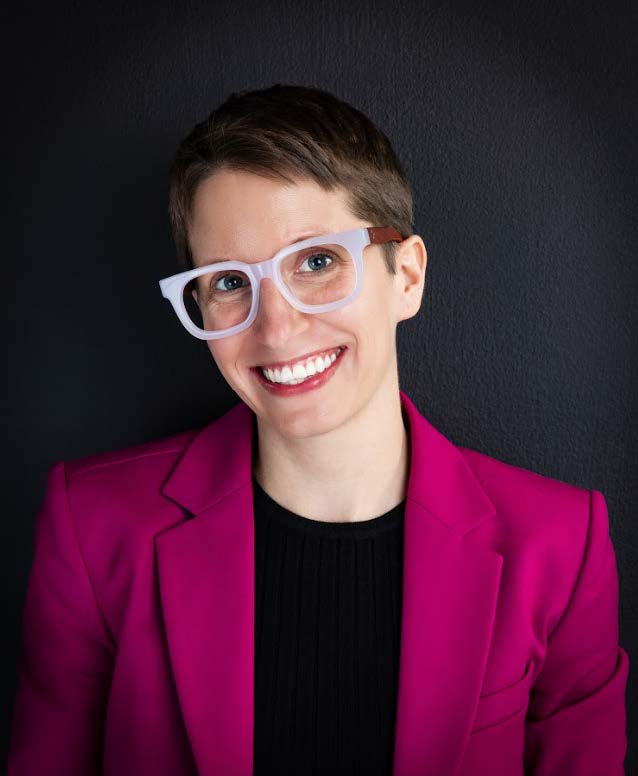
Margaret Ferenz
Director, H2E Commercial Strategy & Planning Air Liquide Americas
Margaret currently serves as the Director of H2E Commercial Strategy & Planning for Air Liquide Americas. In this role, Margaret manages various aspects of the hydrogen value chain, fostering partnerships with leaders within the hydrogen industry and exploring collaboration opportunities and business strategies in line with Air Liquide’s ambitions. To maintain a competitive advantage, she is responsible for producing deliverables and negotiating agreements related to hydrogen energy development, multiple supply, and contractual models with partners and customers.
Margaret began her career with Air Liquide in 2010 as an intern and joined Air Liquide full-time in 2012 as an engineer in the Air Liquide Leading EXcellence (ALLEX) training and development program. With an extensive portfolio in project management, process, and plant operations, she has held various leadership positions within the company including her most recent role as Project Development Manager for Capital Implementation, Air Liquide Americas.
In addition, Margaret holds a Bachelor’s of Science degree in Chemical Engineering.
Panel 4: The H2 Economy, an Industry Perspective
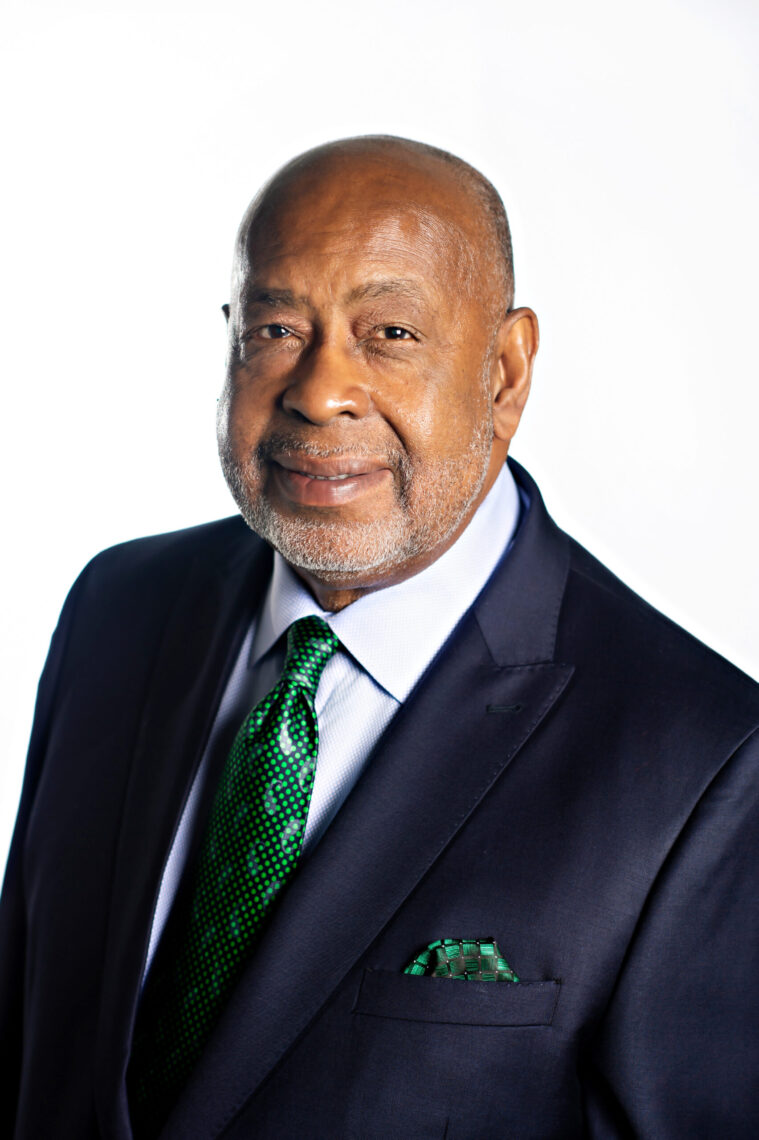
John Hall
President and CEO Houston Advanced Research Center (HARC)
John Hall is the President and CEO of the Houston Advanced Research Center (HARC), a research hub providing independent analysis on energy, air, water, and resilience issues to find scientific solutions for a sustainable and equitable future. His policy and research expertise includes environmental justice, clean energy, climate resilience, and emerging technologies that reduce air and climate pollution while supporting economic growth and job creation.
Mr. Hall has been a thought leader and practitioner on the impacts of energy on air quality, the environment, communities, and climate for thirty years. He previously chaired the Texas Natural Resource Conservation Commission (TNRCC), which preceded the Texas Commission on Environmental Quality (TCEQ). He created a framework (now state statute) to manage the Edwards Aquifer; established Texas’ first Task Force on environmental justice issues; and developed pollution prevention initiatives to reduce air toxics and hazardous waste. Mr. Hall implemented the Mickey Leland Environmental Internship Program at TCEQ, which has provided internships to nearly 3,000 college students. He also held leadership roles at the Environmental Defense Fund, focusing on clean energy efforts in ten of the largest states in the U.S., and vehicle electrification initiatives in Texas.
Panel 2: Empowering Tomorrow: Clean Hydrogen, Energy Justice, and Community Transformation
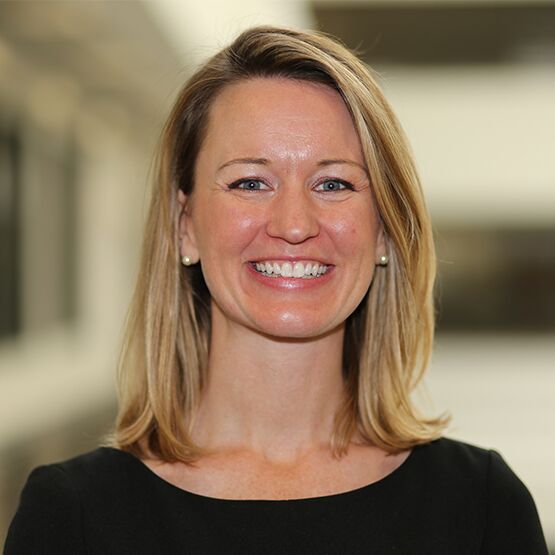
Dana Harmon
Founder and Principal Juniper Advisory Group
Dana Harmon is the Founder and Principal of Juniper Advisory Group, a consultancy advising NGOs, local governments, and corporate partners working to solve complex energy, environmental, and social challenges. She previously served as the founding Executive Director of the Texas Energy Poverty Research Institute, where she had overall strategic and operational responsibility for execution of the organization’s mission to advance equitable solutions for affordable, reliable, and clean energy so all people can thrive. Dana has held leadership positions in two successful energy technology start-ups after an early career in management consulting. She is a Marshall Memorial Fellow of the German Marshall Fund of the United States, an Energy Transition Fellow of the University of Texas at Austin’s Energy Institute, and an Austin Under 40 Award recipient. She serves on the Research Advisory Board of the American Council for An Energy Efficient Economy in Washington, D.C. and the City of Austin Resource Management Commission. She lives in Austin, Texas with her husband and two daughters.
Panel 2: Empowering Tomorrow: Clean Hydrogen, Energy Justice, and Community Transformation
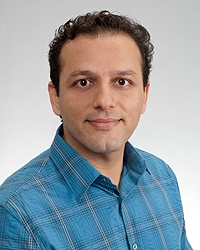
Seyyed Hosseini
Senior Research Scientist Bureau of Economic Geology
Dr. Seyyed A. Hosseini has a PhD in Petroleum Engineering from University of Tulsa, OK. He currently holds the Senior Research Scientist position at The Bureau of Economic Geology, The University of Texas at Austin working on CO2 and Hydrogen geological storage specifically in US Gulf Coast. He has led multiple field and laboratory studies on many aspects of the CO2 and Hydrogen storage including estimating underground storage capacity, optimizing enhanced oil recovery, designing and implementing commercial monitoring programs, application of machine learning and data analytics for subsurface applications and assessing geosystem’s response to fluid injection.
Panel 5: Clean Hydrogen using Carbon Capture, Use, & Storage (CCS/CCUS)

Abhiram Kannan
Associate, Bidra Innovation Ventures
Abhiram is an associate at Bidra Innovation Ventures, the VC arm of Morocco’s OCP group. He leads Bidra’s hard-tech investments in energy, mining and water. A selection of his investments include Verdagy, Versogen, Compact Membrane Systems, Ph7 Technologies, AM Batteries and XGS Energy. Abhiram got his PhD in Materials Science & Engineering from Georgia Tech. He spent a decade in operating roles – anywhere between the shopfloor and the boardroom before becoming a venture capitalist. He is deeply energized by the desire, resourcefulness and grit of founders with chips on their shoulders to take an amorphous vision of the future and crystallize it into reality.
Panel 4: The H2 Economy, an Industry Perspective
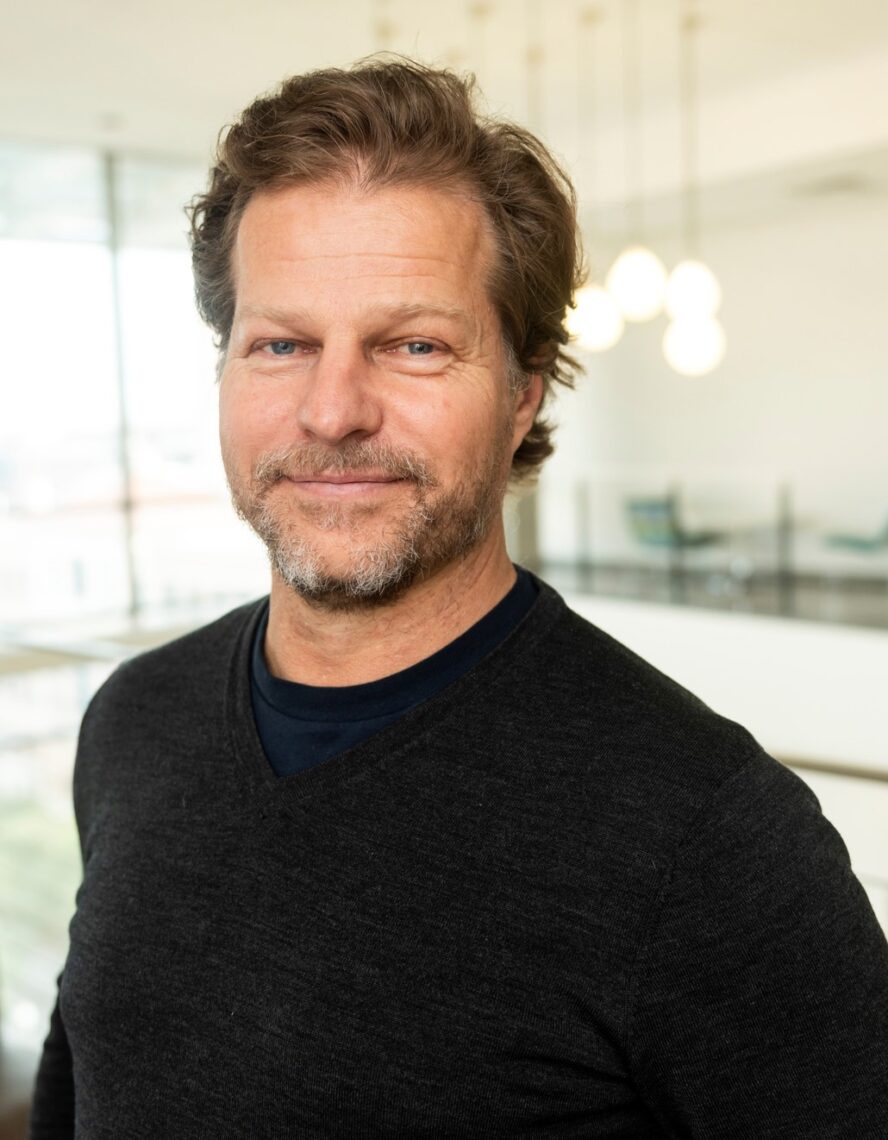
Brian Korgel
Director, Energy Institute
Brian A. Korgel is the Director of The University of Texas at Austin Energy Institute and the Rashid Engineering Regents Chair Professor in the McKetta Department of Chemical Engineering. He also directs the Industry/University Cooperative Research Center (IUCRC) for a Solar Powered Future (SPF2050), the Nanotechnologies area of the UT Austin Portugal Program at UT, and serves as Associate Editor of the journal, Chemistry of Materials. He is a former Fulbright Fellow and has been Visiting Professor at the University of Alicante in Spain, the Université Josef Fourier in France and the Chinese Academy of Sciences in Beijing.
He received his PhD in Chemical Engineering from UCLA in 1997 and was a post-doctoral fellow at University College Dublin, Ireland, in the Department of Chemistry. He has given more than 260 invited talks and published more than 280 papers. He is also an artist, exploring language and human/technology cohabitation.
He has co-founded two companies, Innovalight and Piñon Technologies, and received various honors including the 2012 Professional Progress Award from the American Institute of Chemical Engineers (AIChE) and election to Fellow of the American Association for the Advancement of Science (AAAS). He is also a member of the National Academy of Engineering (NAE).
Panel 3: The Prospects for Hydrogen in the Permian Basin
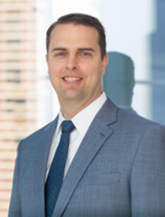
John Koss
Director of Business Development, LNG & Net Zero, Sempra Infrastructure
John is Director of business development for Sempra Infrastructure’s LNG and Net-Zero Solutions business line. In this role, he leads the identification and early-stage development of energy infrastructure projects helping customers meet their LNG and net-zero carbon energy needs, including hydrogen, ammonia and CCS. John is a member of the Hydrogen Steering Committee for the Center for Houston’s Future.
Previously, John worked for nine years at Shell where he developed a portfolio of CCS projects in North America, led commercial evaluations for New Business Development and served as Front-end Design Manager for many capital intensive Upstream development projects. Prior to that, John served in various roles at ExxonMobil, including Development Planning Engineer and economist for floating LNG.
John holds a bachelor’s degree in mechanical engineering from the University of Texas at Austin and an MBA from Carnegie Mellon University.
Panel 4: The H2 Economy, an Industry Perspective
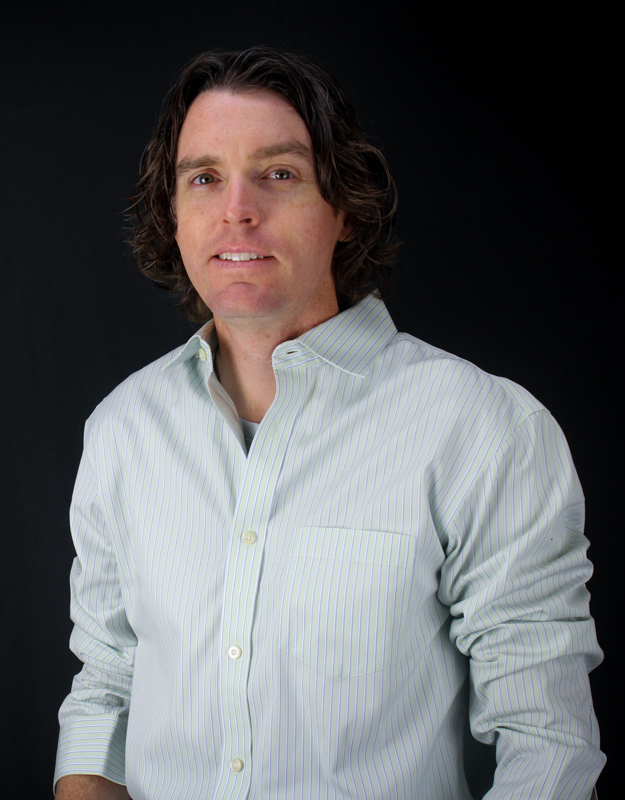
Michael Lewis
Senior Engineering Scientist, Center for Electromechanics
Mr. Michael Lewis has over 20 years of experience in advanced research and technology development at the University of Texas, Center for Electromechanics (UT-CEM). Mr. Lewis’ early research responsibilities were primarily focused on the development of a prototype advanced high-speed generator for an electromagnetic aircraft launching system. Under this program, Mr. Lewis was responsible for the mechanical design of a high-speed rotor, which included novel materials and design approaches that required extensive testing and research before implementation. In addition, he was also responsible for the modeling and analyses essential to the development of the generator, including airflow network analysis, 3D electromagnetic modeling, and structural finite element analysis.
Mr. Lewis’ current research interest focus on alternative fuels for transportation and stationary power applications with a large focus on hydrogen power and energy systems. His team has developed, built, and tested fuel cell hybrid vehicles ranging from small neighborhood electric vehicles, to transit buses, to medium and heavy duty trucks. This research has expanded beyond vehicle prototypes to also include novel materials based hydrogen generation, alternative storage vessel technologies, and the use of linear motor driven compressors and expanders for various applications, including hydrogen refueling and active recovery of methane leaks for large pipeline networks. An overarching mission of Mr. Lewis and his research team is to advance the state of these alternative fuel technologies and provide technology transfer to industrial partners, which will accelerate the adoption and commercialization of alternative fuels for transportation.
Mr. Lewis is currently leading UT-CEM’s efforts on a Department of Energy H2@Scale award that will demonstrate renewable pathways for hydrogen production and distribution and enable cost effective hydrogen for transportation and industrial applications. In addition, this project will also study the opportunities for a hydrogen energy economy in Texas and the Gulf Coast region.
Hydrogen 101: Key Facts You Need To Know About H2 and UT’s H2@Scale Project
Panel 3: The Prospects for Hydrogen in the Permian Basin
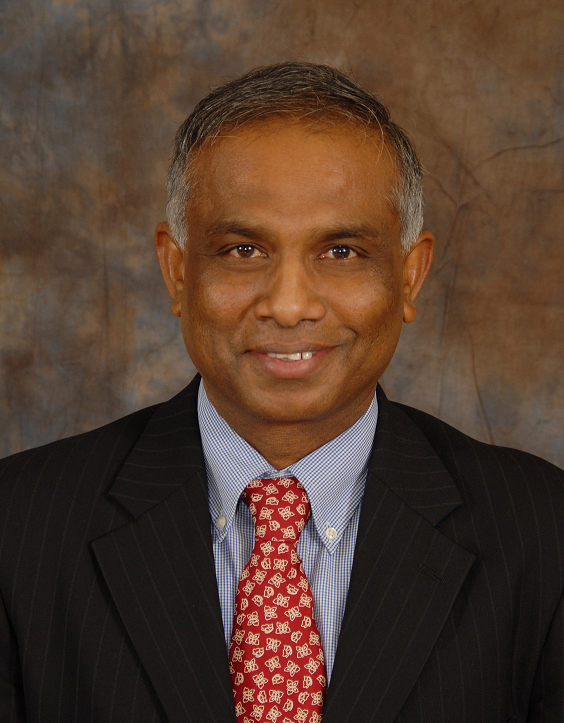
Arumugam (Ram) Manthiram
Professor, Walker Department of Mechanical Engineering
Dr. Manthiram graduated from Madurai University, India, with a B.S. degree in 1974 and a M. S. degree in 1976. He graduated from the Indian Institute of Technology Madras with a Ph.D. degree in Solid State Chemistry in 1980. After his doctoral degree, Dr. Manthiram worked as a Lecturer at the Madurai Kamaraj University in Madurai for four years, and as a postdoctoral researcher at the University of Oxford in England for one year. He joined the University of Texas at Austin as a postdoctoral researcher in 1986 and became Assistant Professor in the Walker Department of Mechanical Engineering in 1991. He was promoted to the rank of Professor in 2000 and he currently holds the George T. & Gladys H. Abell Endowed Chair of Engineering. He served as the Director of the Texas Materials Institute and the Materials Science and Engineering Graduate Program for 11 years during 2011 – 2022.
Dr. Manthiram directs a large, productive research group in electrochemical energy technologies with about 35 graduate students and postdoctoral researchers. He has trained and mentored more than 300 students and postdoctoral researchers, including the graduation of 69 PhD students. Among them, 55 are faculty around the world and several hold leadership positions in industry. His current research is focused on rechargeable batteries and fuel cells. Specifically, his group is engaged in developing low-cost, efficient, durable materials for batteries and fuel cells and a fundamental understanding of their structure-property-performance relationships. Dr. Manthiram has authored more than 900 journal articles and 20 issued patents. He has given 500 presentations, including 400 invited talks around the world. He has more than 95,000 citations and an h-index of 152. He is a Web of Science Highly Cited Researcher every year since 2017, which places him one among 6,200 scientists/engineers in all fields in the world.
An Overview of the Materials Challenges for Fuel Cells & Electrolyzers
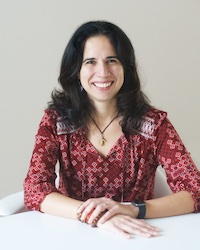
Lorena Moscardelli
Research Scientist, Bureau of Economic Geology
Dr. Lorena Moscardelli is a Research Scientist and leader of the State of Texas Advanced Resource Recovery (STARR) program at BEG. Her expertise is in seismic geomorphology and interpretation, sedimentology and stratigraphy and geoscience data integration. She received a degree in Geological Engineering from Central University of Venezuela (2000) and a PhD in Geological Sciences from The University of Texas at Austin (2007).
She specializes in the study of deep-water deposits with emphasis on subaqueous landslides, deep-water mixed siliciclastic-carbonate systems and planetary geology. She started her career as an exploration geologist working for PDVSA (2000 – 2003). Prior to her current position at STARR, Dr. Moscardelli was a Principal Researcher at Equinor (2013 – 2021) where she performed a wide range of activities from research in the Americas to field development in the Norwegian Continental Shelf. Her BEG career includes the co-funding and co-direction of the Quantitative Clastic Laboratory (QCL) (2007-2013) and her actual involvement as leader of STARR.
Most recently, Dr. Moscardelli has taken a strong interest in understanding the role of geoscience research as part of the ongoing energy transition while contributing to STARR’s main mission of conducting geologic research resulting in the increase of production and profitability of energy resources in the State of Texas.
Panel 1: Geological Hydrogen Storage – Opportunities and Research Needs

Liz Ramsay Dalton
Co-Founder and Partner, Mission Strategies
Liz has spent her career developing strategies and partnerships at the intersection of clean energy technology, policy, and finance.
Prior to co-founding Mission, Liz was a Senior Vice President with Boundary Stone Partners, where she co-led the Clean Energy, Fuels, and Buildings and Industrial Decarbonization practices. Concurrently, Liz served as Operating Partner of Overture VC, a climate-focused venture capital fund. Before joining BSP, Liz held multiple positions in the clean energy innovation sector. She led corporate and investor partnerships as the Vice President of Strategy at Powerhouse and was the Executive Director of the Clean Energy Leadership Institute (CELI).
Liz served as an executive political appointee in the Obama-Biden Administration at the U.S. Department of Energy (DOE) as the Principal Deputy Assistant Secretary for the Office of Electricity Delivery and Energy Reliability. In this role, Liz executed the DOE’s grid modernization research and development portfolio, transmission permitting, emergency response operations, and energy cybersecurity programs. Previously, Liz helped direct $900 million in nuclear energy RD&D funding as Chief of Staff and Senior Advisor for DOE’s Office of Nuclear Energy.
Liz served on the Appointments Team for the Biden-Harris Transition at the U.S. Department of Energy and currently serves on the Advisory Boards for the University of Texas’s Energy Institute, the Pacific Northwest National Laboratory’s Energy and Environment Directorate, the Atlantic Council’s Veterans Advanced Energy Project, and CleanTX.
An Arkansas native, Liz began her career in public service working for U.S. Congressman Marion Berry (D-AR). She holds a Master’s in Leadership from Georgetown University’s McDonough School of Business and received her B.A. in Political Science from the College of Charleston.
Panel 2: Empowering Tomorrow: Clean Hydrogen, Energy Justice, and Community Transformation
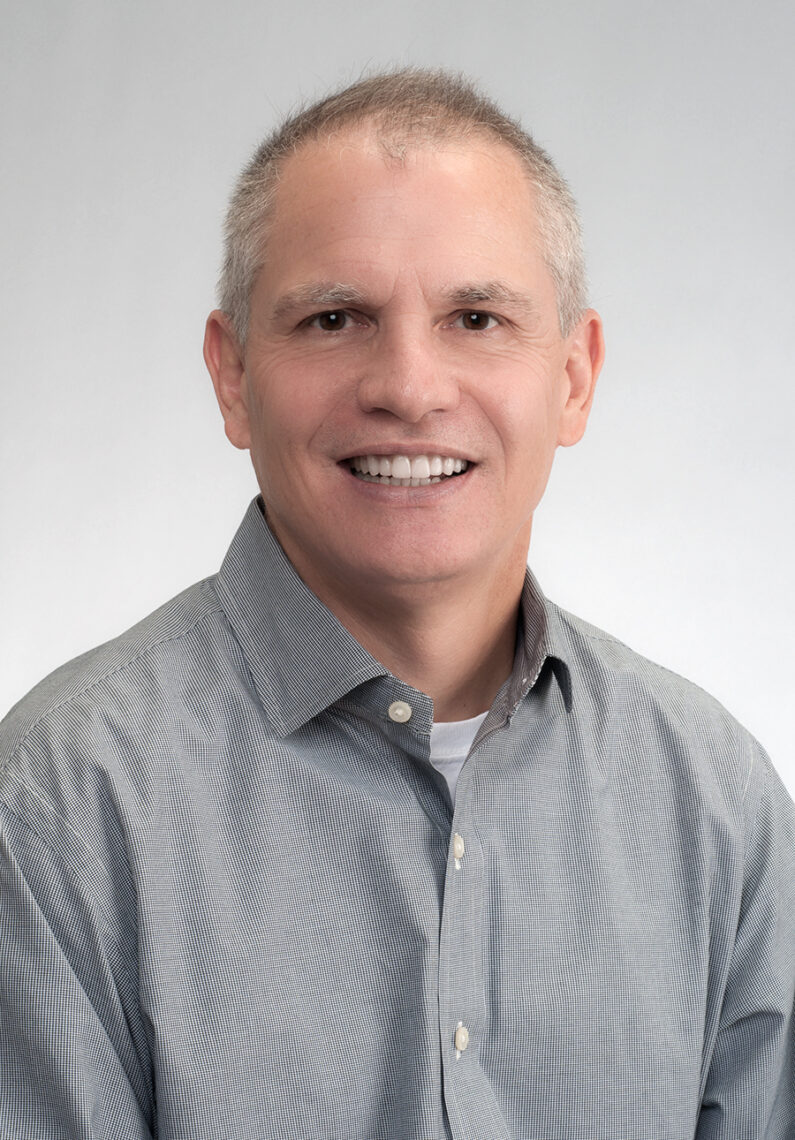
Mark Shuster
Deputy Director, Bureau of Economic Geology
Mark Shuster is responsible for managing the Bureau’s energy-related research. He joined the Bureau in September, 2016. Prior to joining the Bureau, Mark worked for Shell and affiliates for 30 years in upstream oil and gas roles around the world. Mark began his professional career as a Research Geologist working on projects on the Permian Basin, Atlantic margin basins and southeast Asia. Subsequently, Mark worked on exploration and appraisal projects in Venezuela, Australia, Middle East, Gulf of Mexico and most recently, Alaska. Mark received his Bachelor of Science degree in Geology from the University of the Pacific and his PhD in Geology from the University of Wyoming.
Panel 1: Geological Hydrogen Storage – Opportunities and Research Needs

Tianyi Sun
Climate Scientist, Environmental Defense Fund (EDF)
Areas of expertise: climate change mitigation, climate modeling, greenhouse gas emissions and metrics, ocean-atmosphere interaction, climate science communication
Tianyi’s research focuses on the impacts of short-lived climate pollutants. She explores how methane emissions and their mitigation affect Arctic sea ice, ocean warming, and sea level rise, as well as the role of short-lived greenhouse gases in net zero emissions pathways. She also supports the climate science communication efforts at EDF.
Panel 1: Geological Hydrogen Storage – Opportunities and Research Needs

Andy Uhler
Energy Journalism Fellow, UT’s Energy Institute and Columbia University’s Center on Global Energy Policy
Andy Uhler is an award-winning public radio correspondent and host. He’s currently a journalism fellow through a partnership between UT’s Energy Institute and Columbia University’s Center on Global Energy Policy. He started his journalism career as an undergraduate at KUT, the University of Texas at Austin NPR affiliate. He transitioned to music journalism in 2006, becoming the senior producer of Texas Music Matters. After completing a Master’s degree in global policy studies at the LBJ School of Public Affairs in 2014, he returned to KUT to help launch the Texas Standard. The following year, he took a job as a sustainability reporter at American Public Media’s Marketplace where he remained until accepting this fellowship.
Panel 3: The Prospects for Hydrogen in the Permian Basin
Panel 4: The H2 Economy, an Industry Perspective
Panel 5: Clean Hydrogen using Carbon Capture, Use, & Storage (CCS/CCUS)
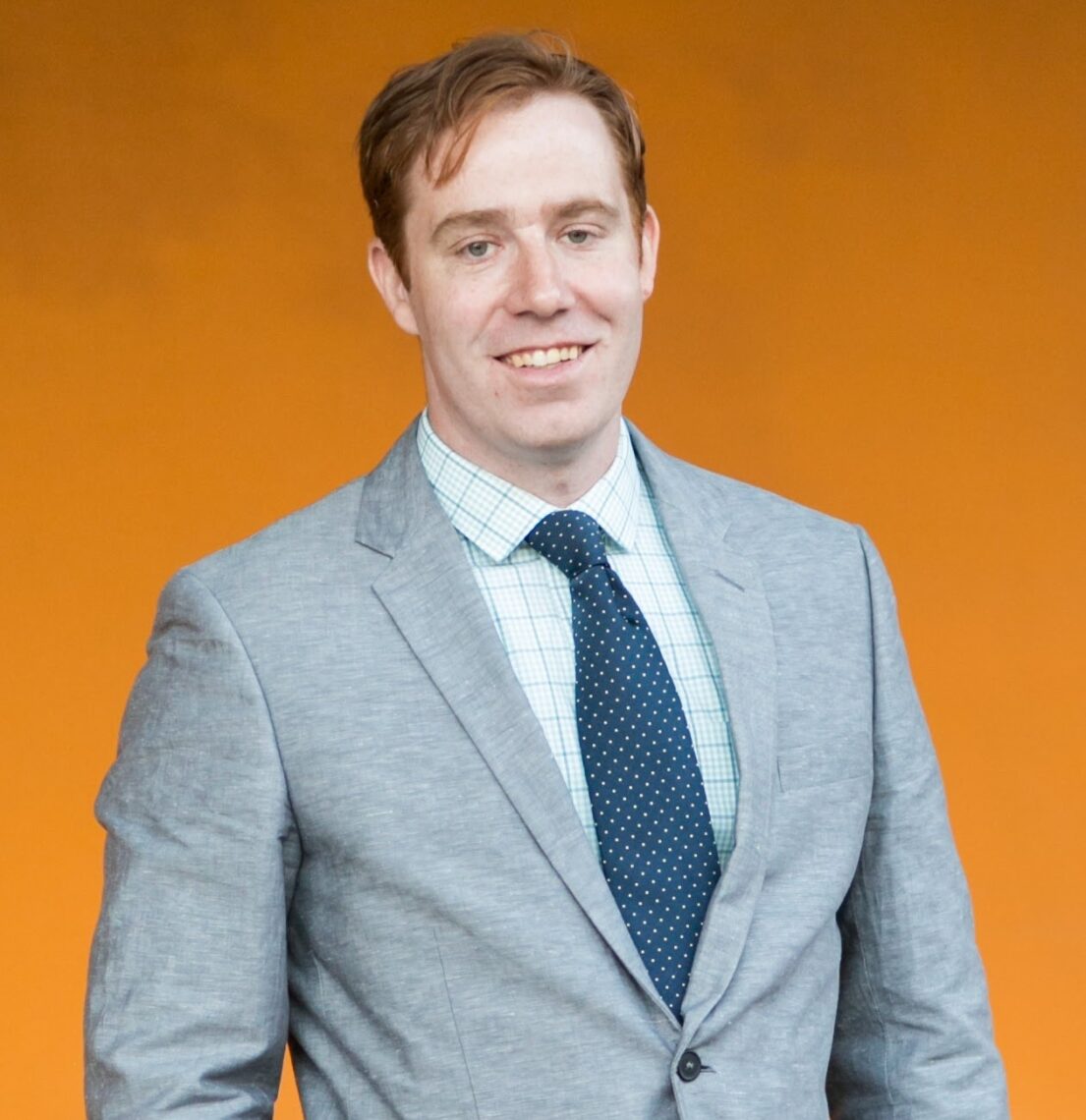
Andrew Waxman
Assistant Professor Lyndon B. Johnson School of Public Affairs, The University of Texas at Austin
Andrew Waxman is an applied microeconomist examining the relationship between environmental outcomes, policy and inequality. Much of his work consists in understanding how policies related to infrastructure, energy and the environment affect human welfare. He has studied the emissions intensity of the industrial sector in the US Gulf Region, the economic feasibility of deploying carbon capture, utilization, and storage (CCUS) technology there and the air pollution co-benefits from CCUS. Separate work focuses on the transportation sector to consider how household location decisions of place of work and residence have implications for levels of emissions from home electricity usage as well as from commuting using personal vehicles. The link between these sectors has important implications for the design of cities and for understanding the full effects of policies targeting housing or transportation. Waxman received a PhD from Cornell University in Applied Economics, a Master’s from Oxford in Development Economics and a Bachelor’s degree from Stanford in Economics.



